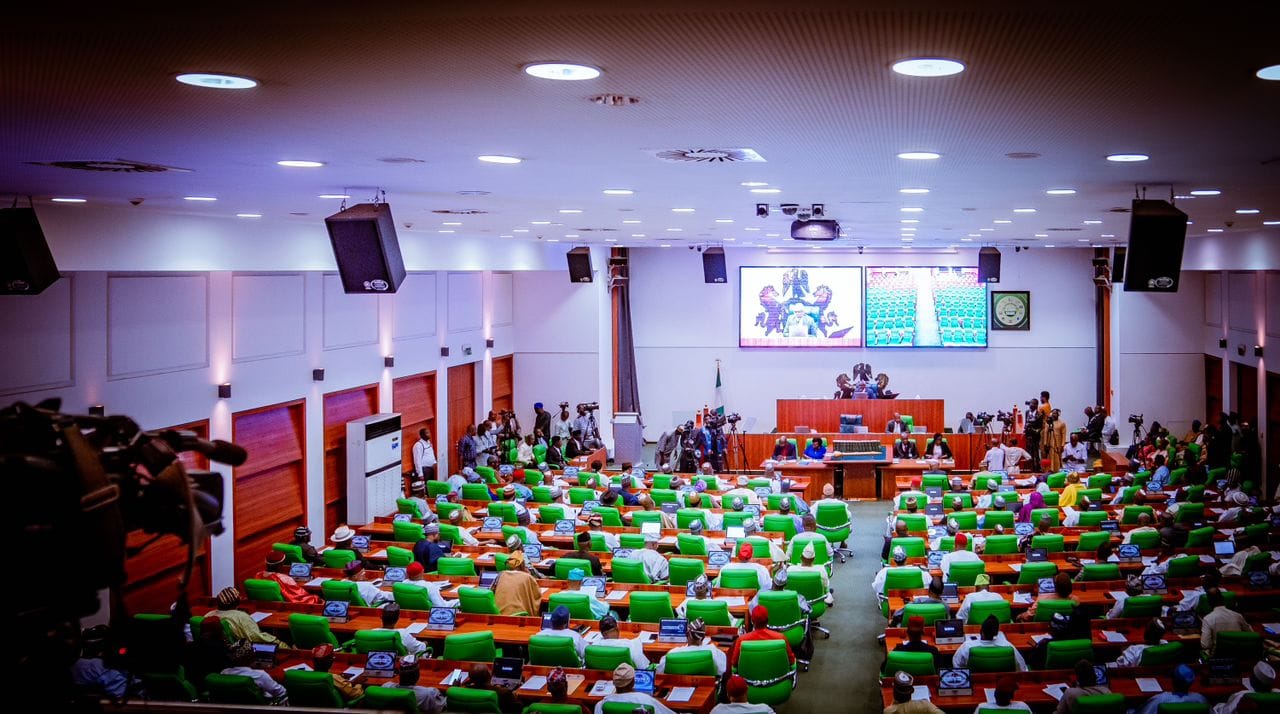The House of Representatives has advanced a bill seeking to reintroduce a parliamentary system of government in Nigeria, passing it through second reading on Thursday.
The proposed law, sponsored by Minority Leader Kingsley Chinda and 59 other lawmakers, aims to:
- Establish the Office of the Prime Minister as Head of Government.
- Retain the Office of the President as Head of State.
- Define the framework for electing these officials.
Why the Push for Parliamentary System?
The lawmakers argue that:
- The current presidential system is too costly to sustain.
- Nigeria’s First Republic (1960–1966), which operated under a parliamentary system, was the country’s most productive era.
- Returning to the parliamentary model could improve governance, accountability, and economic management.
In 2024, 60 lawmakers advocating for this shift visited key national figures—including the Sultan of Sokoto, His Eminence Sa’ad Abubakar III, and former ABU Vice-Chancellor Prof. Ango Abdullahi—to rally support for the initiative.
Other Major Legislative Proposals
Besides the parliamentary system bill, the House is also pushing several other significant reforms, including:
- Electoral Reforms
- Reviewing the mode of electing state governors and deputy governors.
- Reducing the lengthy legal process for pre-election petitions.
- Changing election victory requirements from a simple majority to a new format.
- Legislative Oversight
- Granting the National Assembly and State Houses of Assembly the power to summon the President and state governors over national security or governance matters.
- Regulating the suspension process for lawmakers, following the recent six-month suspension of Senator Natasha Akpoti-Uduaghan.
- Restructuring INEC’s Powers
- Removing political party registration and regulation from INEC and transferring the function to the Office of the Registrar General of Political Parties.
- State Creation
- 30 new states have been proposed, though none currently meets the constitutional requirements for creation.
- Lawmakers sponsoring state creation bills must submit their final requests by March 31, 2025.
- Budget and Appropriations Bill
- Setting clear timelines for presenting and passing the national budget to ensure fiscal discipline.
Next Steps
All constitutional amendment bills will be sent to the Special Ad-hoc Committee on Constitution Review, chaired by Deputy Speaker Benjamin Kalu, for further deliberations.
If passed, the parliamentary system bill would mark a historic shift in Nigeria’s governance structure, bringing fundamental changes to the country’s political landscape. However, it will require constitutional amendments and significant political consensus to become law.








Leave a Reply